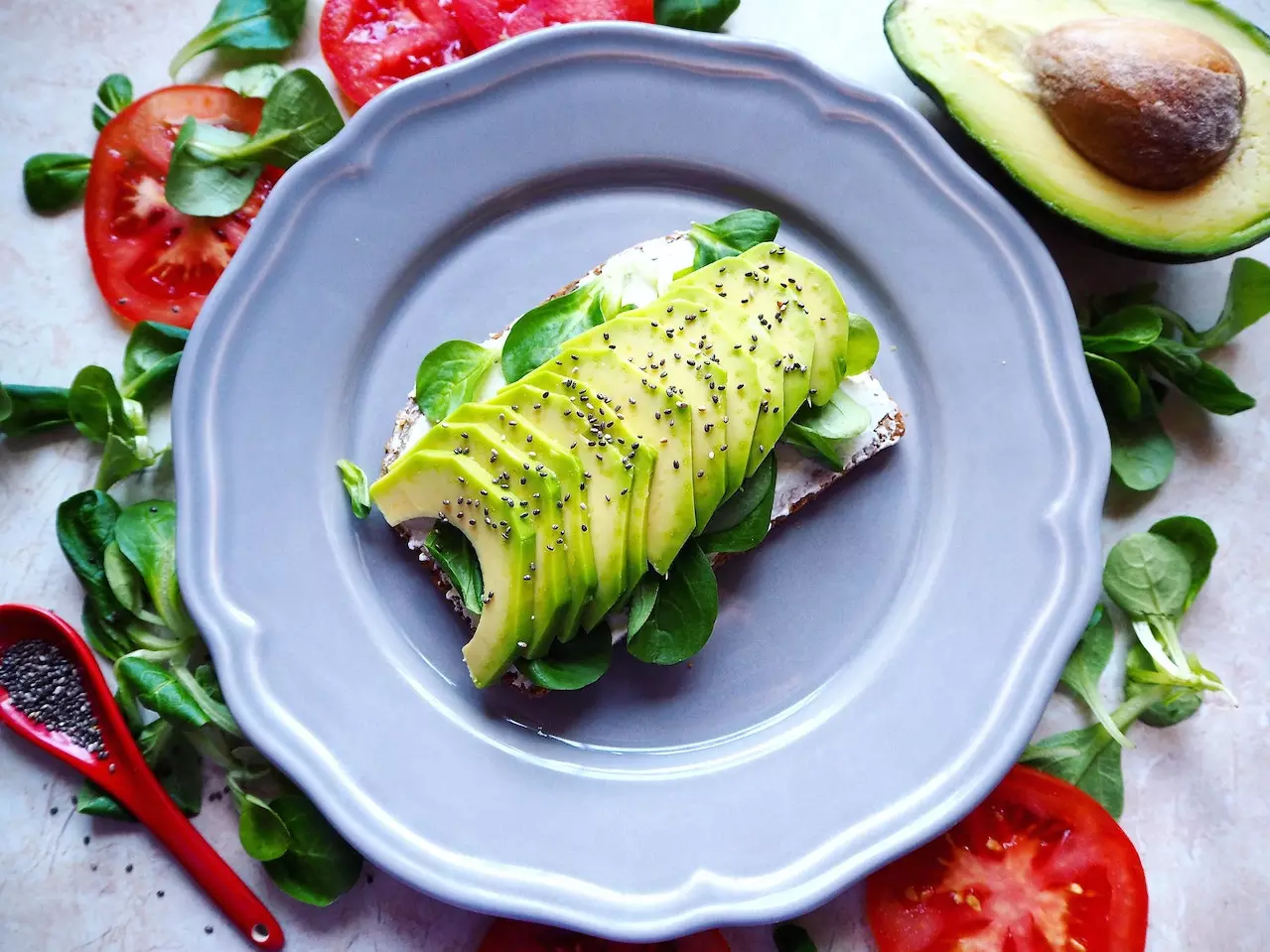The growing popularity of vegan and vegetarian lifestyles prompted a hunt for plant-based proteins. They also discovered that seeds might be an excellent source of protein. The second look focused on chia seeds!
Chia seeds belong to the mint family, known as Salba Chia or Mexican Chia. These seeds, extracted from the flowering section of the ‘Salvia hispanica’ plant-based product, are oval and grey, with black and white markings. There are several ways to incorporate these seeds into your everyday routine.
They are the ideal healthy snack for eaters; Soak them in water and drink them, or use them as salad toppers. You can use chia seed powder as a substitute in baking, or if you have a sweet craving, create chia pudding to lift your spirits. The benefits of chia seeds are as diverse as the recipes themselves. Consuming chia seeds can benefit your body in a variety of ways, including weight control, bone strength, digestive system health, and chronic inflammation relief.
What is the chia seed?
Chia seeds are indigenous to Mexico and Guatemala and were formerly an essential crop in historic Aztec and Mesoamerican cultures. Ancestors of Mayan and Aztec tribes used to transport these seeds on long drives because they could endure the entire day with a pocket full of chia seeds without stopping. Because of this outstanding performance, chia seeds are known as ‘chiabaan’ in Mayan, which means “strengthening”.
After 3500 decades, in the 1980s, an Arizona University researcher uncovered the chia seeds as a thick carpet of green grass. However, only the rise and popularity of the global web have led to the filling of sites with answers to the query, “What are chia seeds?” The chia plant can reach a height of 6 feet, and the seeds bloom in the flower head, which has dried before harvesting. People were encouraged to incorporate chia seeds into their regular diets because of their extraordinarily high concentration of essential nutrients. And the rest is history. The nutritious profile of super seeds is highly appealing and can entice you to sprinkle them, especially if you’re looking for a gluten-free solution.
Enticing Health Benefits of Chia Seeds
Densely nutritional value
Chia seeds are nutrient-dense, which means they contain a lot of nutrients per calorie. It is considered a superfood because of its natural combination of vitamins, minerals, and other micronutrients. Fibre, protein, and omega-3 fatty acids are all beneficial in a variety of lifestyle and chronic disease situations.
Improve cardiovascular health
Chia seeds may reduce the risk of heart attacks because of their high content of quercetin and omega-3 fatty acids. Because these seeds are the principal source of soluble fibre, they may lower LDL and cholesterol levels while also improving overall cardiovascular health.
Relaxing inflammatory.
Caffeic acid, an important antioxidant in chia seeds, may aid in the reduction of chronic inflammatory processes, which can contribute to a variety of health conditions. Consuming chia seeds daily can lower inflammation by as much as 40 percent.
Weight management.
Chia seeds include protein and soluble fibre, which may aid in your weight-loss journey. These substances absorb water, expand after eating, and reduce feelings of emptiness. So, even if you consume less, you will feel full and you can maintain a healthy weight.
Stronger bones.
Improve bone health by consuming chia seeds, which naturally include calcium, protein, phosphorus, and magnesium. A single tablespoon of chia seeds may provide eighteen percent of your daily calcium needs.
Improved blood sugar level
People with elevated blood sugar levels may benefit the most from chia seeds’ in-grown fibre components. These fibres may improve insulin resistance and lower the chance of metabolic syndrome. These gluten-free seeds promote intestinal regularity, lower hunger, and slow down the absorption of glucose into the circulatory system.
Increased metabolism in the body.
The antioxidant vitamin B in chia seeds boosts your metabolic rate. Chia seeds’ high Omega-6 concentration aids in the absorption of fat-soluble vitamins such as A, E, D, and K. Fibre-rich foods may help you lose belly fat by reducing visceral adipose tissue.
Beneficial for complexion and wrinkling problems.
Chia seeds can be used not only internally, but also externally. These seeds include a high concentration of protein, Vitamin E, B1, B2, and B3, which may aid in the battle against free radical damage caused by UV exposure and may also slow ageing. The strong power of water retention can keep your skin moisturised for an extended period.
Antioxidants for Oral Health.
Chia seeds are high in minerals calcium, vitamin A, zinc, and phosphorus, which may help to strengthen your teeth. The zinc compound may inhibit plaque and tartar formation.
The best option for future mothers.
Chia seeds can be miracle seeds for would-be moms since they aid in digestion, strengthen the red blood cells, and are high in Omega-3 fatty acids, all of which can ease discomfort during a woman’s most vital time. Chia seeds contain high calcium levels, making them an excellent food for the baby’s oral health.
In what ways can you integrate eating into your everyday routine?
Almond Chia Seed Scones.
When you immerse chia seeds in water, they form a gel-like substance (“chia gel”) that can be used as an egg substitute. The following recipe from Versatile Vegan is so straightforward that we’re confident you’ll add scones to your baking arsenal.
Vegan Strawberry Chia Seed Jam.
If you’ve ever thought cooking jam was too difficult or time-consuming, this super-easy recipe is for you. Vegan Insanity uses strawberries, but any of your favourite fruits can create the jam of your dreams.
Sauteed Zucchini and Toasted Chia Seeds
Chia seeds are versatile and may be added to a variety of meals, making them even healthier. This recipe from Eat Drink Better calls for delicious roasted seeds.
You may also soak them in water and eat them, or add them to your cereal, yoghurt, or salad topping to get the benefits of chia seeds. Make them a part of your well-balanced diet, and prepare to be amazed by the power of this little, nutritious superfood and its many applications. Consult your doctor before eating this ‘food of endurance runners’!












Comments are closed.